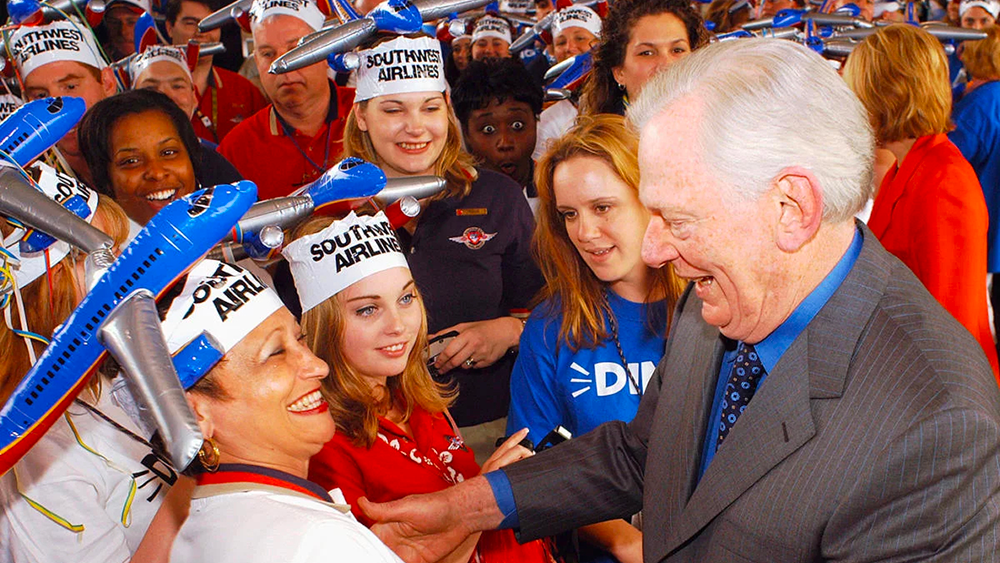When legendary CEO Herb Kelleher of Southwest Airlines passed away Jan. 3, 2019, many articles memorialized him, including this one by Bill Taylor in the Harvard Business Review and this one by Mark Graban, but I’d like to reinforce a couple attributes that are important to me.
|
ADVERTISEMENT |
The key to Kelleher’s success was his focus on people: customers, employees, and suppliers. He epitomized the “respect for people” (or “human nature”) pillar of lean and demonstrated how effective and powerful humble, authentic, and empathetic leadership can be.
…

Add new comment